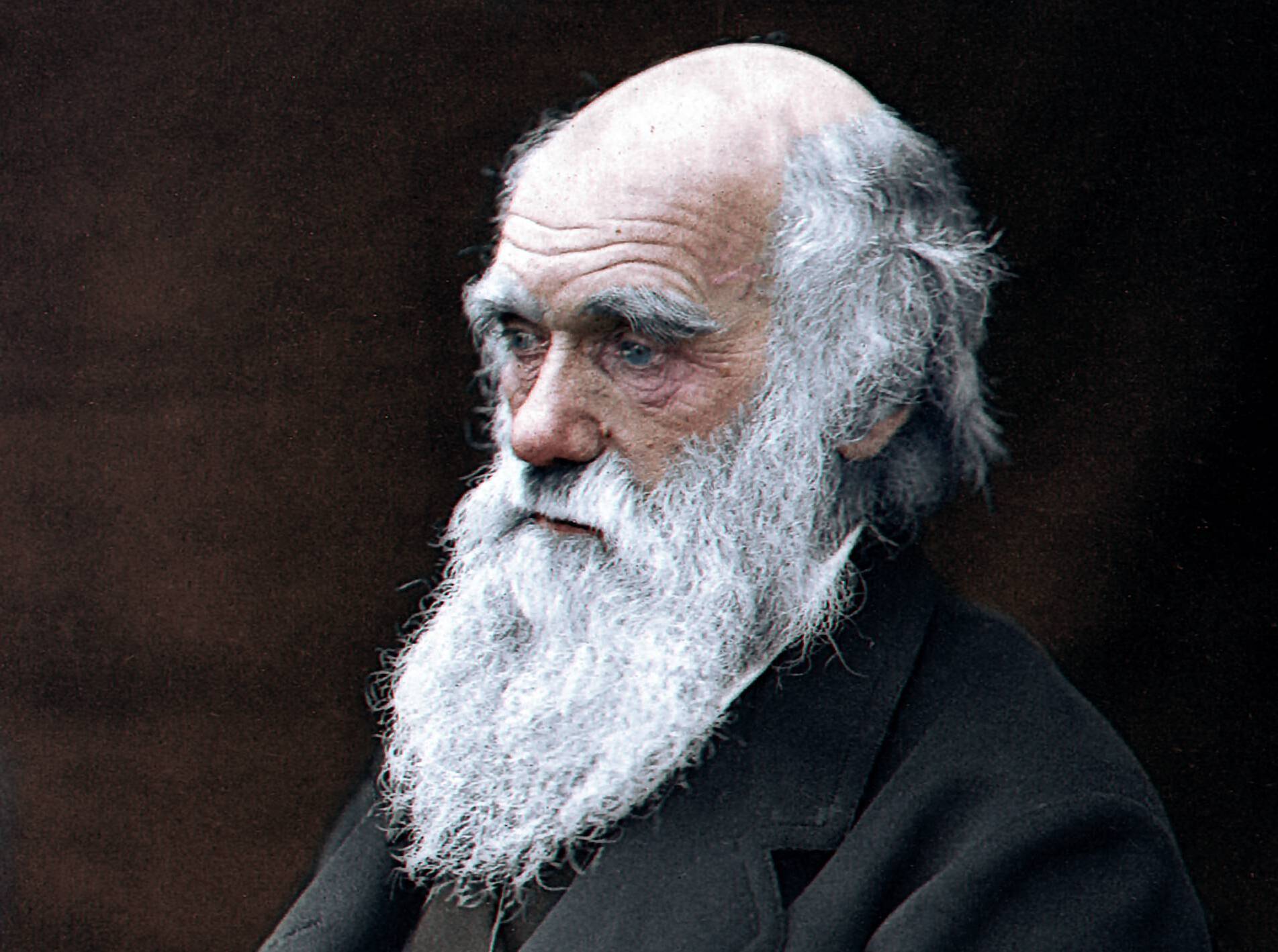
Ever wondered how one man's curiosity reshaped our understanding of the natural world? Charles Darwin, a name synonymous with the theory of evolution, embarked on a voyage that would forever change the course of science. But what else is there to know about this iconic figure beyond his groundbreaking work, On the Origin of Species? From his unconventional eating habits to his lesser-known contributions to science, Darwin's life is a treasure chest of intriguing tidbits. Ready to dive into the lesser-known facts about this scientific titan? Let's unravel the mysteries and celebrate the legacy of Charles Darwin, a true pioneer whose curiosity knew no bounds.
Key Takeaways:
- Charles Darwin, a curious and nature-loving student, became a groundbreaking scientist despite his early struggles in formal education. His theory of evolution by natural selection continues to shape our understanding of the world.
- Charles Darwin's adventurous voyage on the HMS Beagle led to his revolutionary theory of evolution. Despite initial controversy, his ideas have left a lasting impact on science, history, and human progress.
Who Was Charles Darwin?
Charles Darwin, born on February 12, 1809, in Shrewsbury, England, became one of history's most influential figures. Best known for his work on the theory of evolution, Darwin's ideas challenged the scientific and religious beliefs of his time. His most famous work, "On the Origin of Species," published in 1859, introduced the concept that species evolve over time through natural selection.
Early Life and Education
-
Darwin was not an outstanding student in his early years. He found school boring and was much more interested in nature.
-
Despite his lack of interest in formal education, Darwin enrolled at Edinburgh University to study medicine. However, he found the sight of blood unbearable and switched his focus to theology at Cambridge University, aiming to become an Anglican parson.
The Voyage of the Beagle
-
In 1831, Darwin embarked on a five-year voyage around the world on the HMS Beagle. This journey would become a pivotal moment in his life and career.
-
During the voyage, Darwin collected various specimens of animals, plants, and fossils. These collections laid the groundwork for his ideas on evolution and natural selection.
Development of the Theory of Evolution
-
After returning to England, Darwin spent years analyzing his findings from the Beagle voyage. His observations led him to develop the theory that species evolve over time through natural selection.
-
Darwin was hesitant to publish his theory on evolution due to the potential backlash from the religious community. It wasn't until Alfred Russel Wallace sent Darwin a manuscript with similar ideas that Darwin decided to go public with his findings.
On the Origin of Species
-
"On the Origin of Species" was published on November 24, 1859, and it sold out immediately. The book laid out Darwin's evidence for evolution and introduced the concept of natural selection.
-
Despite initial controversy, Darwin's ideas began to gain acceptance within the scientific community and the broader public over time.
Personal Life and Legacy
-
Darwin married his cousin, Emma Wedgwood, in 1839. They had ten children together, three of whom died at a young age.
-
Darwin's health was often poor, and he struggled with various ailments throughout his life. Some historians believe his health issues may have been due to a tropical illness he contracted during his voyage on the Beagle.
-
Charles Darwin died on April 19, 1882, and was buried in Westminster Abbey, near other renowned scientists like Isaac Newton.
-
Darwin's work laid the foundation for the field of evolutionary biology. His theory of natural selection remains a central concept in science today.
-
In recognition of his contributions to science, Darwin's image appeared on the British ten-pound note from 2000 until 2017.
-
The Galapagos Islands, where Darwin made some of his most important observations, are now a UNESCO World Heritage Site and a popular destination for tourists interested in wildlife and history.
-
Darwin's theory of evolution by natural selection also had a significant impact outside of biology, influencing fields such as psychology, sociology, and anthropology.
-
Despite the controversy his ideas initially sparked, Darwin is now celebrated as one of the most influential figures in human history.
-
Each year, Darwin Day is celebrated on February 12th, commemorating his contributions to science and promoting public education about science and human progress.
A Final Glimpse at Darwin's Legacy
Charles Darwin's contributions have left an indelible mark on how we understand the natural world. His theory of evolution by natural selection challenged and changed scientific thought, influencing not just biology but also areas like psychology, sociology, and philosophy. Darwin's curiosity, meticulous research, and bravery in publishing his findings remind us of the power of scientific inquiry to transform our view of life. His legacy is not just in the facts he uncovered, but in the spirit of questioning and exploration he embodied. As we continue to unravel the mysteries of life, Darwin's work serves as a foundation and inspiration. His journey underscores the importance of observation, perseverance, and the willingness to see the world from new perspectives. Let's carry forward this legacy, nurturing curiosity and embracing the unknown with open minds.
Frequently Asked Questions
Was this page helpful?
Our commitment to delivering trustworthy and engaging content is at the heart of what we do. Each fact on our site is contributed by real users like you, bringing a wealth of diverse insights and information. To ensure the highest standards of accuracy and reliability, our dedicated editors meticulously review each submission. This process guarantees that the facts we share are not only fascinating but also credible. Trust in our commitment to quality and authenticity as you explore and learn with us.


